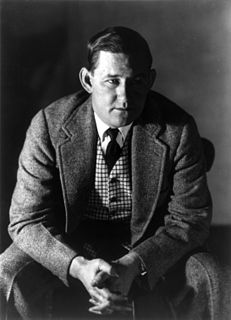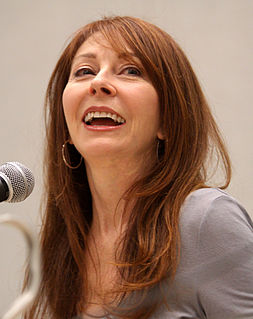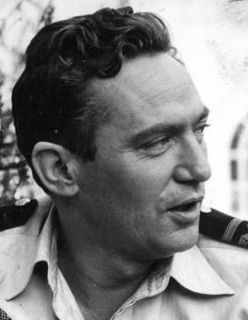A Quote by John O'Hara
So who's perfect? ... Washington had false teeth. Franklin was nearsighted. Mussolini had syphilis. Unpleasant things have been said about Walt Whitman and Oscar Wilde. Tchaikovsky had his problems, too. And Lincoln was constipated.
Related Quotes
The spiritual kinship between Lincoln and Whitman was founded upon their Americanism, their essential Westernism. Whitman had grown up without much formal education; Lincoln had scarcely any education. One had become the notable poet of the day; one the orator of the Gettsyburg Address. It was inevitable that Whitman as a poet should turn with a feeling of kinship to Lincoln, and even without any association or contact feel that Lincoln was his.
In the light of her son's comment she reconsidered the scene at the mosque, to see whose impression was correct. Yes it could be worked into quite an unpleasant scene. The doctor had begun by bullying her, had said Mrs Callendar was nice, and then - finding the ground safe - had changed; he had alternately whined over his grievances and patronized her, had run a dozen ways in a single sentence, had been unreliable, inquisitive, vain. Yes, it was all true, but how false as a summary of the man; the essential life of him had been slain.
In 1932, the predecessor organization, the CDC, took 299 black sharecroppers from the South who had syphilis. They offered them free healthcare, hot lunches, and free burial. They said you can only come to us for healthcare. These were men who were sharecroppers, and they had syphilis. They were never told they had syphilis.
I think that when you look at the great politicians, the two greatest in my view were George Washington and Abraham Lincoln, they certainly had character traits. You also know Abraham Lincoln overcame severe depression problems that he had when he was younger, which gave him the strength and the character later on.
I never thought I had the ability to not watch. People think I watch MSNBC's "Morning Joe." I don't watch "Morning Joe." I never thought I had the ability to, and who used to treat me great by the way, when I played the game. I never thought I had the ability to not watch what is unpleasant, if it's about me. Or pleasant. But when I see it's such false reporting and such bad reporting and false reporting that I've developed an ability that I never thought I had. I don't watch things that are unpleasant. I just don't watch them.
We wish we could have been there for you. We didn't have many role models of our own--we latched on to the foolish love of Oscar Wilde and the well-versed longing of Walt Whitman because nobody else was there to show us an untortured path. We were going to be your role models. We were going to give you art and music and confidence and shelter and a much better world. Those who survived lived to do this. But we haven't been there for you. We've been here. Watching as you become the role models.
He was about to go home, about to return to the place where he had had a family. It was in Godric’s Hollow that, but for Voldemort, he would have grown up and spent every school holiday. He could have invited friends to his house. . . . He might even have had brothers and sisters. . . . It would have been his mother who had made his seventeenth birthday cake. The life he had lost had hardly ever seemed so real to him as at this moment, when he knew he was about to see the place where it had been taken from him.







































